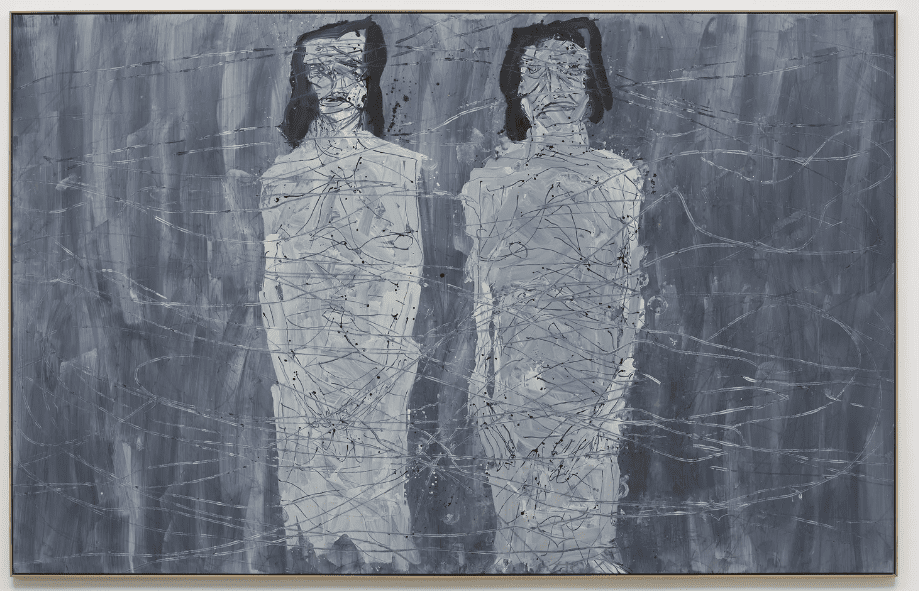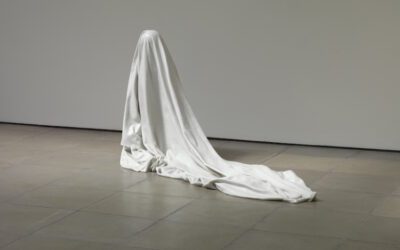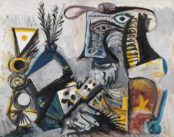Armed with a bag of glitch, can Aleph's four-track EP convince us of this Siberian instrumentalist's intent?
What happens when musicians break free of the limitations of physical instruments and enter the world of digital sound? Aleph's Ivan Erofeev is a classically-trained violinist. Armed with a bunch of Korg tools, does he find a conduit to the infinite melodies of the mind, or fall into pre-ordained patterns?
The intricacy of Eroveev's sequencing work on the opening track Under A Layer of Ice is akin to microsurgery. But the overall effect on the listener is one of neo-Baroque froth and filigree, with little in the way of narrative, drive, or that indefinable animal energy in a piece of music that just, for no explicable reason, moves you.
There is no artistic justification for the glitchy volume modulation in the mid-section of Some Opium in the Wild Tropics. It's not a vinyl dj scratching, or rhythmic syncopation. It's just annoying and unnecessary fader-twitching. Nor is the cheesy Ryuchi Sakamoto-lite soundbed which is being distorted acceptable. No amount of glitch will fix that, nor will ending the track with a disjointed coda of antiqued jazz-swing piano.
The final two tracks on the EP though, these intrigue. There is compositional dexterity here that shows heavyweight intent. Electronic 'dance' music has long embraced the easy but restrictive 'build-drop-build-breakdown' loops format passed down from the likes of Kevin Saunderson in the eighties. Aleph's structural model is different. Astyanax Mexicanus and Sulfozinum display a melodic motif in two voices, introduced at the beginning and recurring frequently throughout, each time with variations. The result of this off-set counterpoint is unsettling, and prompts an almost physical response in the listener – those dizzying inner-ear reactions that counterpoint, syncopation, discord and exotic harmonics create in a sufficiently attentive listener. New? Hardly. It's called a fugue. Johann Sebastien Bach wrote hundreds in the 18th century, and Erofeev is clearly well-aware of them.
Bach performed fugues to disorient and sonically overload the congregation at his church – preparation for the brimstone sermons that followed. Dubstep, glitch, futurenoise – the psychosonic tactics have changed little since Bach sat at his mighty church organ and proceeded to warp his brethren's minds with the sublime. For modern-day producers armed with a Kaoss Pad and a hard-drive stacked full of King Tubby beats, the tools have changed, but minds must still be warped. In its best moments, Aleph's EP approaches the sonic impact of a fugue, and his use of organ-emulator keyboard presets is a clear homage to the form. The question is, are the layers of glitched, two-step beats that he applies to his melodies an enhancement, or are they there to distract attention from weak soundscapes?
This is a review though, so what does it sound like?
At times, a glitch-hop, dubsteppy rework of Art of Noise soundbeds; at other times the developing experimentation of a musician with a talent for composition, but a need for more self-confidence. Grasping at production effects to add a clubland legitimacy to your music is best outsourced to remixers – sometimes simplicity and sparsity is the most effective tool. That said, there is enough freshness and intrigue in the final two tracks to make the EP a worthwhile purchase.

An observer first and foremost, Sean Keenan takes what he sees and forges words from the pictures. Media, critique, exuberant analysis and occasional remorse.














![L'Esprit comique [Der komische Geist], René Magritte, 1928. Courtesy Sammlung Ulla und Heiner Pietzsch, Berlin © 2025, ProLitteris, Zurich Photo Credit: Jochen Littkemann, Berlin](https://b276103.smushcdn.com/276103/wp-content/uploads/2025/07/ew11_0098489_2025-05-12_web-140x174.jpg?lossy=1&strip=0&webp=1)

